
Optimal Airway Development and Myofunctional Therapy Mouth Matters
Mouth breathing is closely related to the facial skeletal development and malocclusion. The purpose of this systematic review and meta-analysis was to assess the effect of mouth breathing on facial skeletal development and malocclusion in children. An electronic search in PubMed, the Cochrane Library, Medline, Web of Science, EMBASE and Sigle through February 23rd, 2020, was conducted.

Mouth breathing in children Causes, Diagnosis and Treatment Dr
Image 1. From an early age, babies can get into the habits of mouth breathing. Modern industrialized societies are plagued by small jaws and crowded, ill-aligned teeth, a condition that the dental profession refers to as "malocclusion" (literally "bad bite"). Malocclusion is often accompanied by mouth breathing.
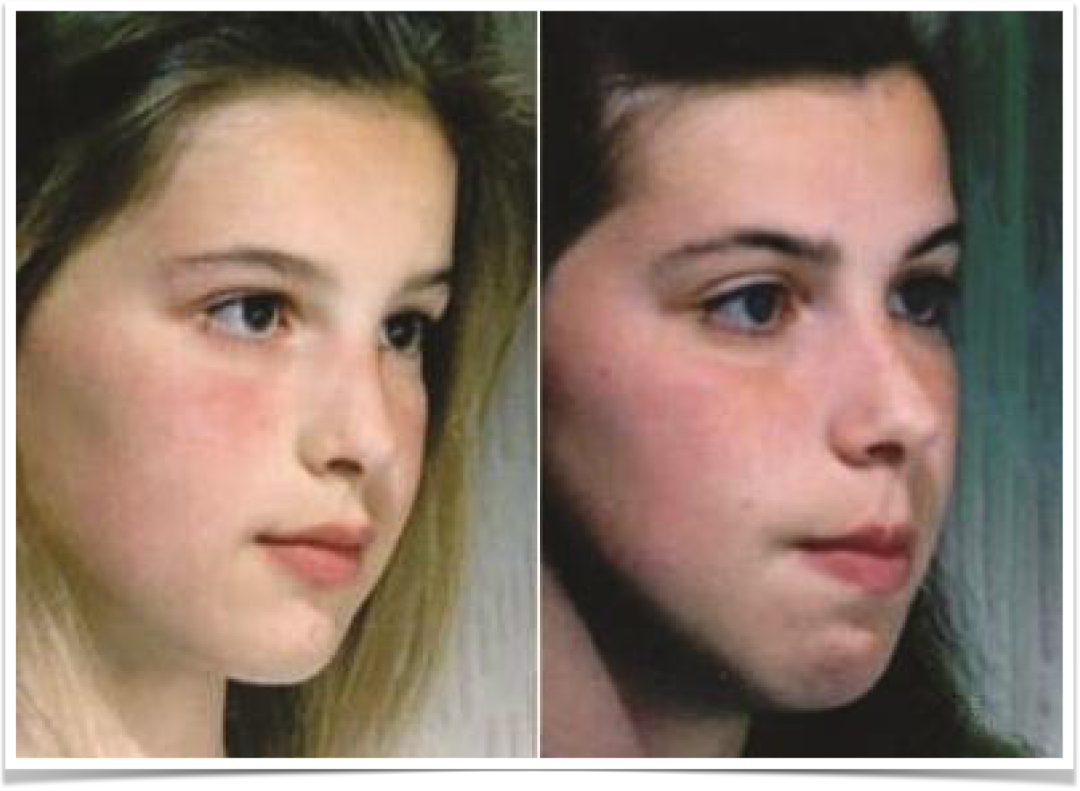
张嘴呼吸会变丑_成都高新医学会官网,成都高新区继续医学教育网
The mouth-breathing syndrome (MBS) is when a child has mixed breathing i.e., the nose is supplemented by the mouth.1. Exclusively oral breathing patterns are rare or non-existent. MBS is characterized by disorders of speech organs and joints due to the predominately oral breathing pattern, generally combined with facial deformities, abnormal.

ASMR Twin Intense Mouth Sounds YouTube
Nose Breathing vs Mouth Breathing Face Shape Twins who are genetically identical still show more contrast in the shape of their jaws than any other part of their skeleton showing that much of the variation is due to non-genetic environmental factors such as open mouth postures, unusual swallowing habits, and tooth extraction that can distort.
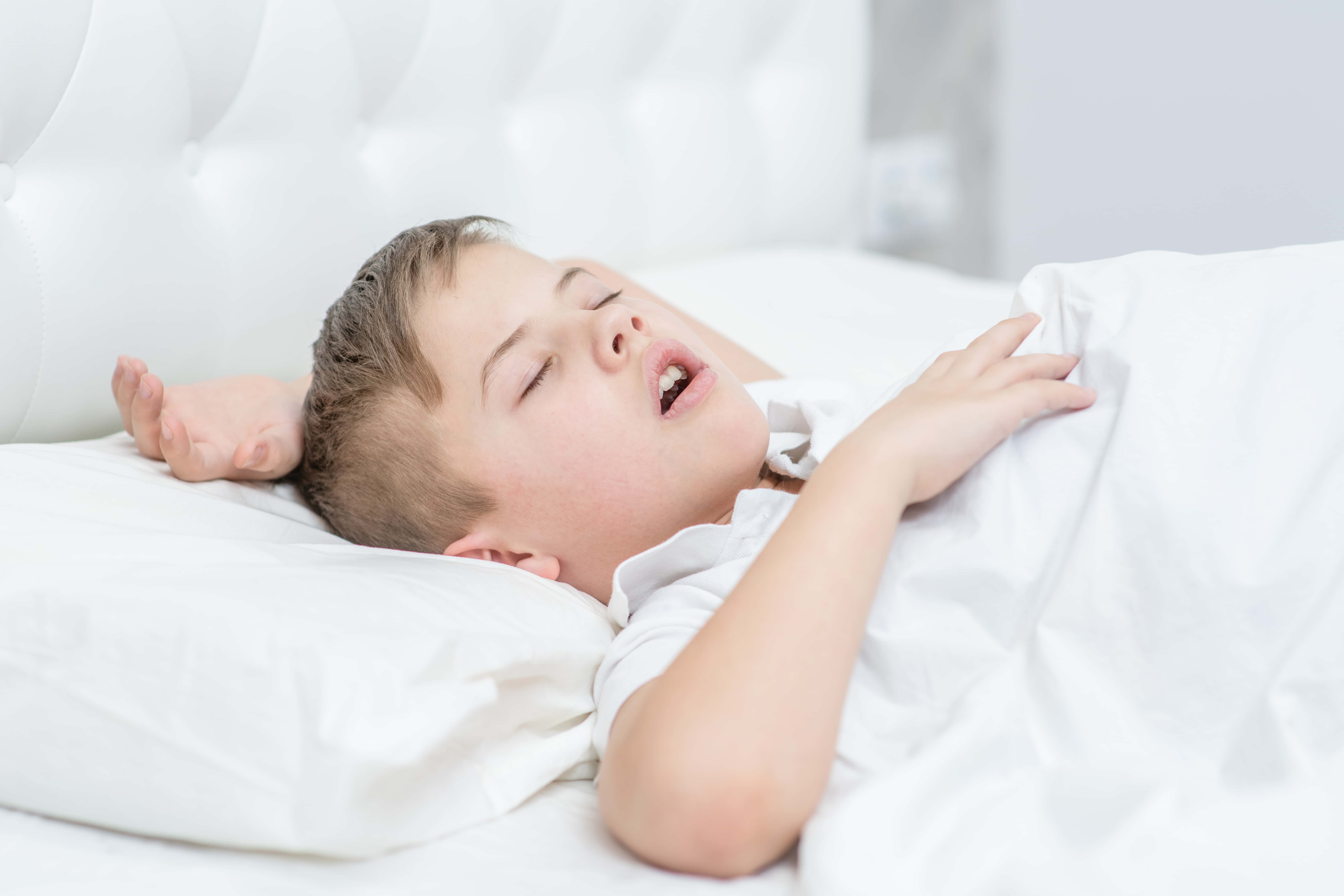
Richardson Dentist Explains When A Child’s Mouth Breathing Is Cause For
Introduction. Mouth breathing is an undesirable habit that affects the muscular balance amongst the tongue, cheeks, and perioral muscles. 1 Chronic and allergic rhinitis have been associated with mouth breathing. 2 Inflammation or environmental irritation in the nasal cavity may lead to nasal mucosal edema, which decreases nasal ventilation and oxygen delivery efficiency. 3
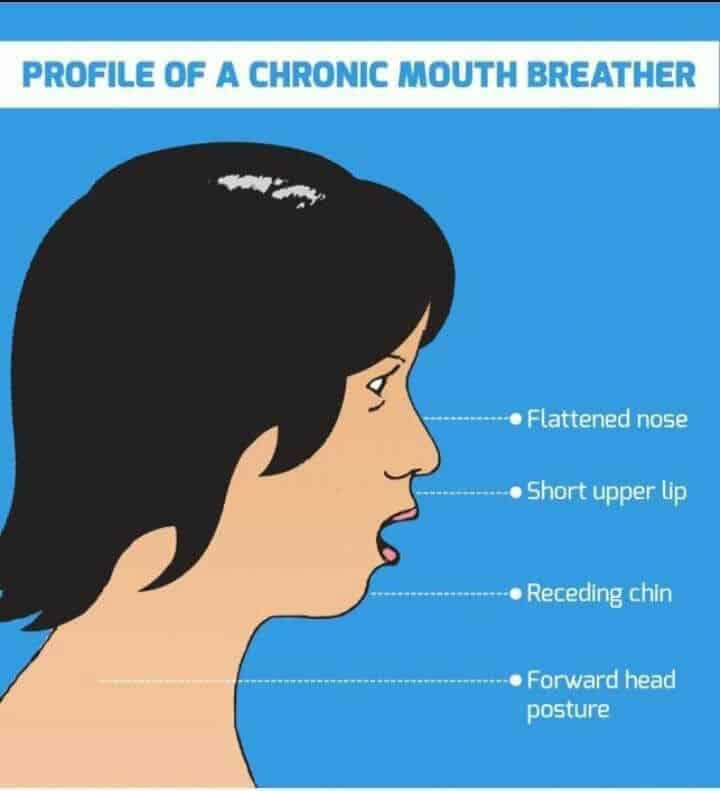
Mouth Breather vs Nose Breather Faces
Within the limitations of the study, the results indicated that mouth breathers tended to have a retrognathic maxilla and mandible, vertical growth pattern with high mandibular plane angle, downward and backward rotation of the mandible and an increase in total and lower anterior facial height and decrease in posterior facial height.

Orthodonture Airway Or Breathing Dynamics JM Dierkes Orthodonture & TMJ
He states that nasal breathing in general does this. He references the book, jaws, where 2 twins were compared. One was a nasal breather and the other a mouth breather throughout their life. The differences are pretty crazy. So it's not just during cardio, but everywhere possible that you should breathe through your nose.

ASMR Twin Tongue Fluttering & Clicking Mouth Sounds / Breathing for
The vast majority of health care professionals are unaware of the negative impact of upper airway obstruction (mouth breathing) on normal facial growth and physiologic health. Children whose mouth breathing is untreated may develop long, narrow faces, narrow mouths, high palatal vaults, dental malocclusion, gummy smiles, and many other.
Mouth breathing and facial development r/NoseBreathing
People who breathe through their mouth at night may have the following symptoms: snoring. dry mouth. bad breath (halitosis) hoarseness. waking up tired and irritable. chronic fatigue. brain fog.

Monozygotic twins 7 years old. Twin A (left) had nasal trauma 3 weeks
Mouth breathers demonstrated considerable backward and downward rotation of the mandible, increased overjet, increase in the mandible plane angle, a higher palatal plane, and narrowing of both upper and lower arches at the level of canines and first molars compared to the nasal breathers group.

Ensure Optimal Jaw and Facial Development for Your Child
Let's see some of the problems caused by mouth breathing: Dry mouth and lips Bad breath Long face Baggy eyes with dark circles Prey eyes vs hunter eyes Narrow nostrils Trouble sealing lips Narrow upper jaw overbite or underbite Crowded teeth Constant fatigue and irritation Brain fog Snoring and drooling during sleep Sleep disorders (insomnia)
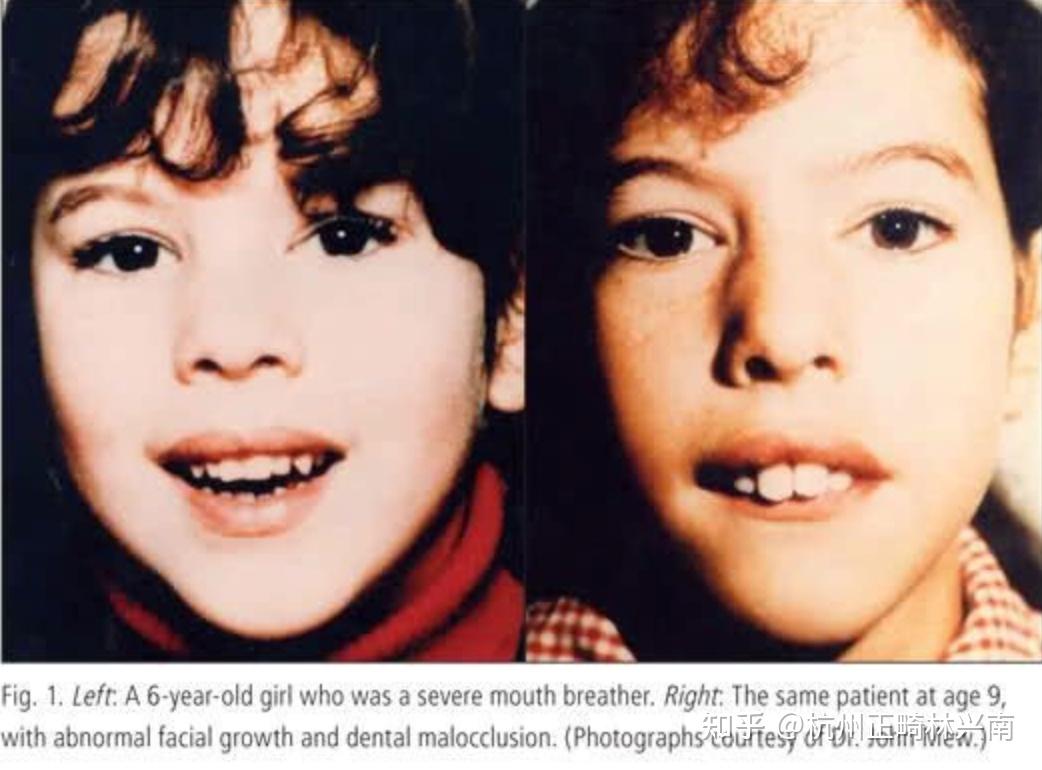
杭州正畸:家长必看!孩子口呼吸危害有多大?凸嘴、打鼾、腺样体面容... 知乎
"Twin method" analysis has been used more particularly to evaluate the growth of the cranio-dentofacial. The impact of mouth-breathing, atypical swallowing, dysfunctional chewing and non-nutritive sucking on the growth of the cranio-dentofacial complex is well documented 10, 12, 13, 14. All these factors combined can account for.

Mouth Breathing in Children What Should You Do? Elite Dental
Mouth breathing is when people can't breathe through their nose so they take in air through their mouths. Mouth breathing can cause sleep disorders that affect daily life. It also can change the structure of people's faces. Healthcare providers treat mouth breathing by surgery or medication to enable people to breathe through their nose.
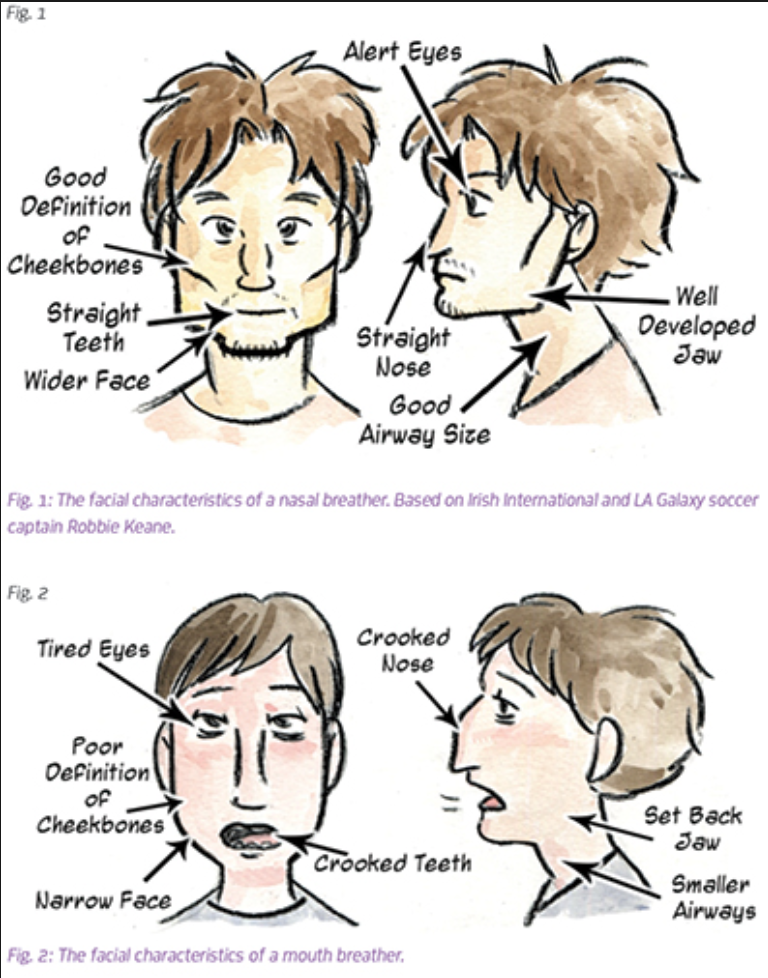
Mouth breathing what every parent needs to know Downtown Dental
When the mouth is open, the tongue cannot rest in the roof of the mouth, resulting in a poorer developed, narrow, -shaped top jaw. A smaller top jaw leads to a narrow facial structure and overcrowding of the teeth. According to rincipato , low tongue posture seen with mouth breathing impedes the lateral epansion and anterior

ASMR Twin Mouth Sounds Soft & Intense for Sleep (Layered Sounds
But i think mouth breathing cause overbite not underbite. This article say that the position of feet can influence the teeth.. Yeah there was a video I watched once where one twin was a mouth breather (due to obstructed airway in his nose) and the other was fine, and the difference between their skeletal structure had changed dramatically.

How Can I Tell If My Child Is Mouth Breathing? Mouth Breathing
Twin studies help clinicians determine the contributions of genetic, epigenetic, and environmental factors to variations in dental traits [ 1, 2 ]. Dental caries occurrence and progression are influenced by several factors such as poor oral hygiene, inadequate salivary flow and composition, dietary habits, and tooth anatomy [ 3 ].